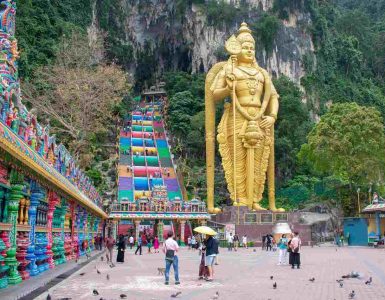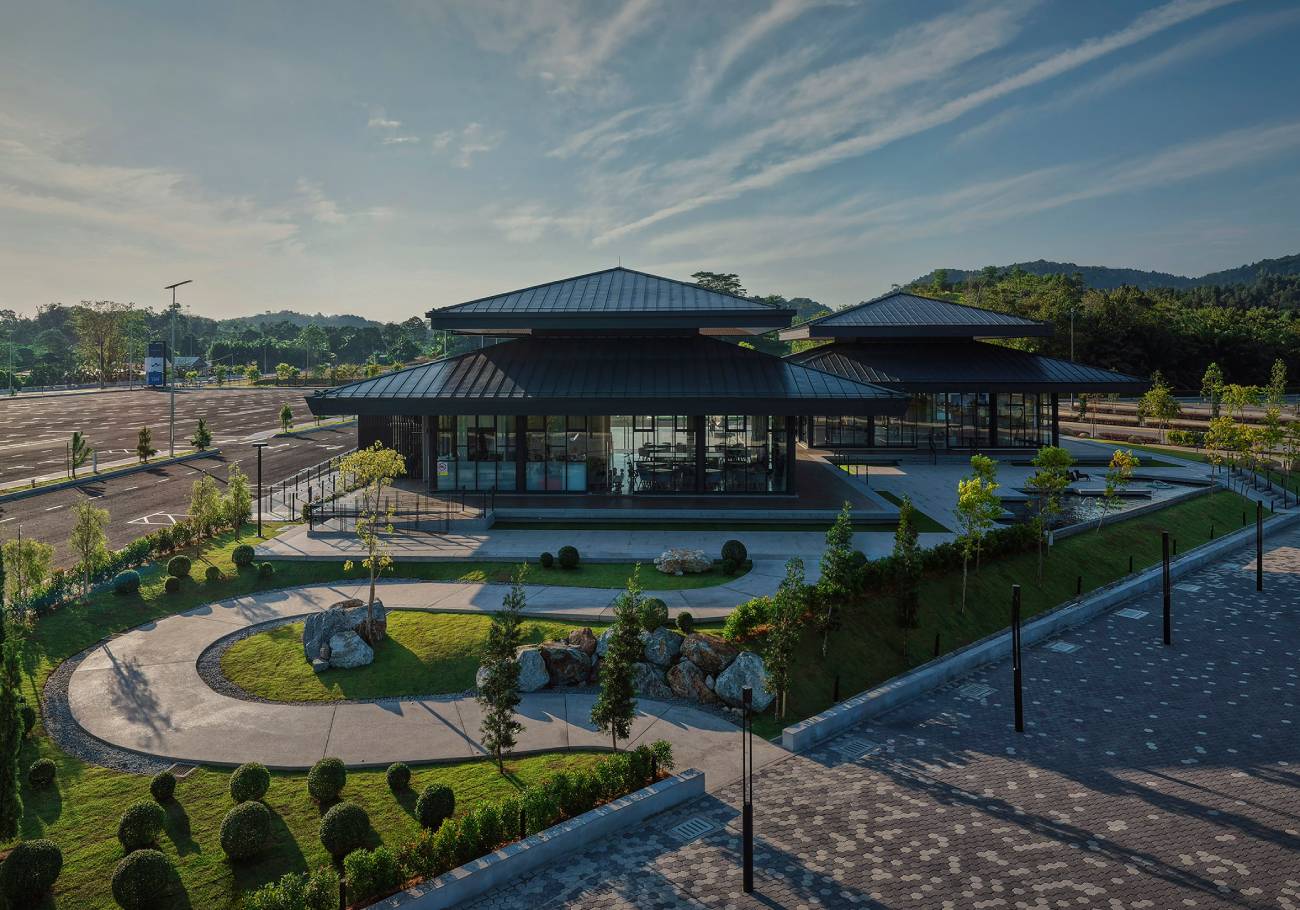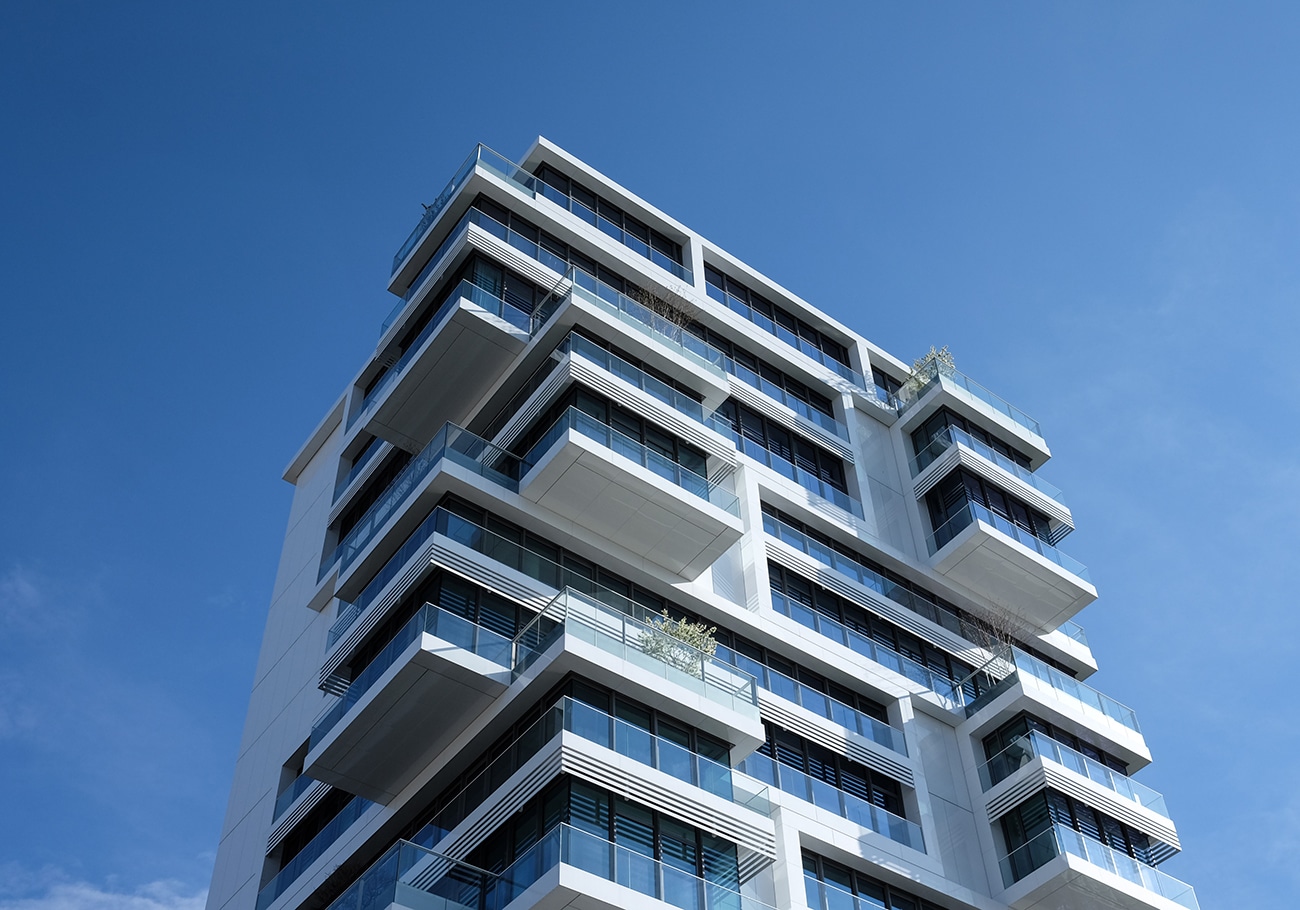
The Penang government, under the leadership of Chief Minister Chow Kon Yeow, is urging tourists to opt for licensed accommodations rather than banned short-term rentals (STR).
With an array of facilities, including star-rated hotels, heritage hotels, homestays, and service apartments, Penang aims to accommodate various types of tourists while minimizing disturbances to residential areas.
This move is seen as an effort to protect licensed hotels and ensure a level playing field in the tourism sector.
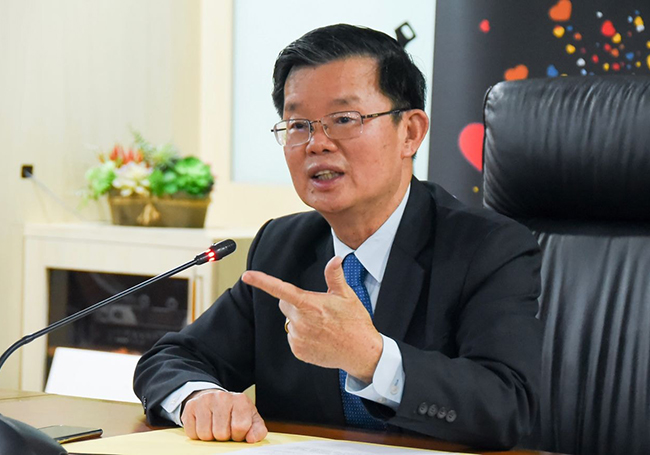
Chow expressed the government’s strong encouragement for tourists to choose licensed facilities during a press conference on the Penang International Food Festival 2023.
Emphasizing the importance of maintaining residential neighbourhoods for their intended purposes, Chow stated that the government aims to reduce disturbances in these areas.
By directing tourists towards licensed accommodations, Penang seeks to strike a balance between tourism and the quality of life for its residents.
MBPP’s ban and regulations on STR
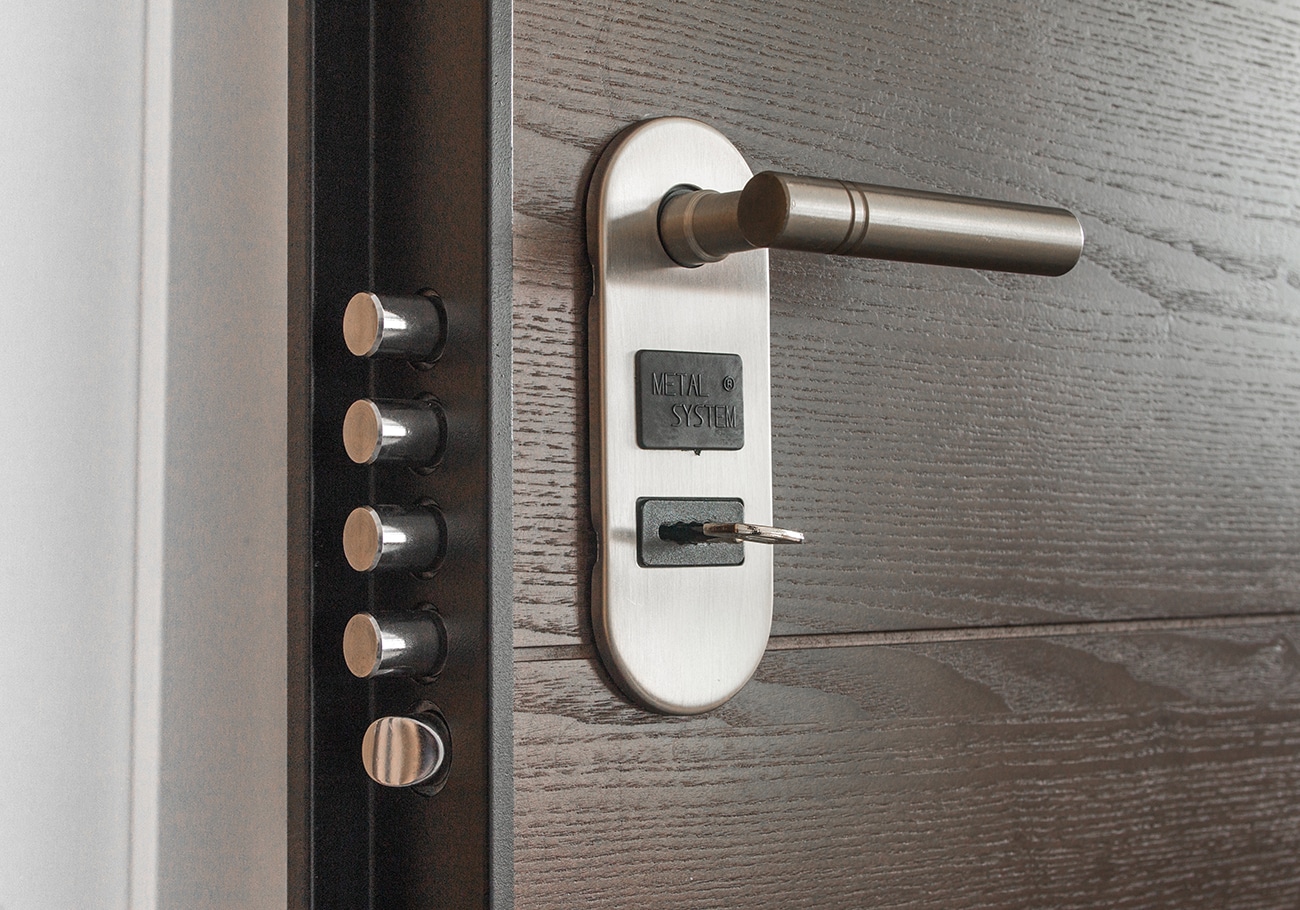
To ensure a level playing field for hotels and address tax disparities, the Penang Island City Council (MBPP) has implemented a ban on short-term rental accommodations in private residential properties.
However, the ban does not extend to specific commercial property categories, including serviced apartments, small office home offices (SoHo), small office flexible offices (SoFo), small office virtual offices (SoVo), office suites, and duplex offices.
For short-term rentals in these commercial categories, approval from the respective joint management bodies or management corporations is required. Consent from at least 75% of property owners at an annual general meeting must also be secured.

Furthermore, the ban imposes restrictions on the duration and frequency of rentals. Each short-term rental unit is limited to a maximum of 180 days per year, with rental activity restricted to three days per week.
These regulations aim to strike a balance between allowing limited short-term rentals and preventing the saturation of residential areas with transient accommodations.
Hoteliers’ response and call for effective enforcement
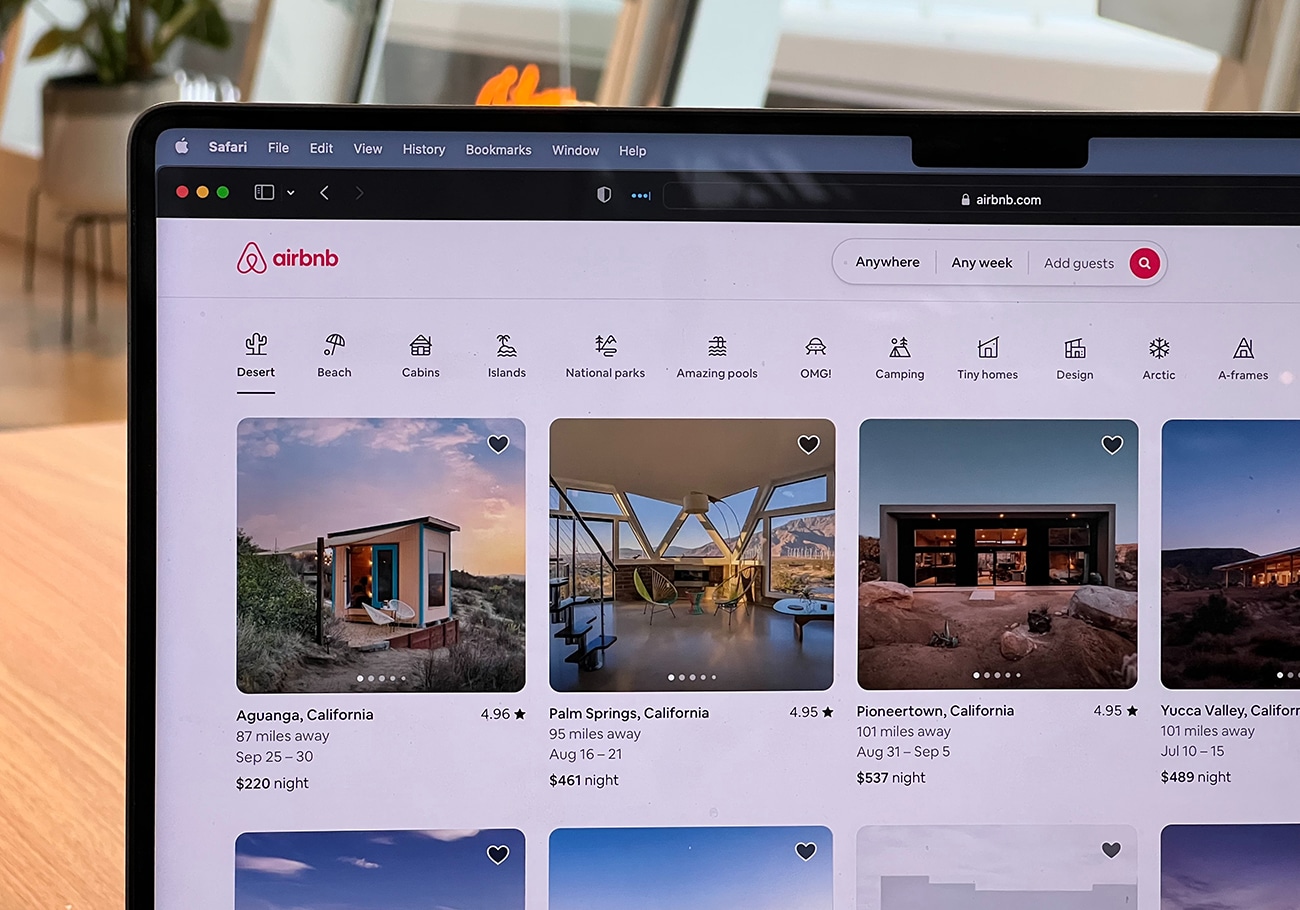
The Malaysian Association of Hotels (MAH) Penang chapter chairman, Tony Goh, commended MBPP’s decision to restrict short-term rental accommodations on the island.
Goh stated that this move would create a level playing field for licensed hotels, which bear the responsibility of paying taxes, including an RM3 local government tax and an additional RM10 tourism tax for foreigners.
Meanwhile, STRs have remained exempt from these levies, resulting in an uneven playing field.
While welcoming the ban, Goh highlighted the importance of effective enforcement to ensure its success. Proper enforcement would deter unlicensed rentals and prevent the circumvention of regulations.

Goh also emphasized the need to address concerns surrounding compliance with the 180-day rental limit and restrictions on the number of rental days per week.
By monitoring and enforcing these restrictions, the government can maintain a fair and regulated tourism industry while protecting the interests of licensed accommodations.
By providing various licensed options, Penang aims to cater to the diverse needs of tourists while minimizing disruptions to residential areas. However, effective enforcement and compliance with regulations will be crucial for the success of these measures.
Source: Buletin Mutiara





